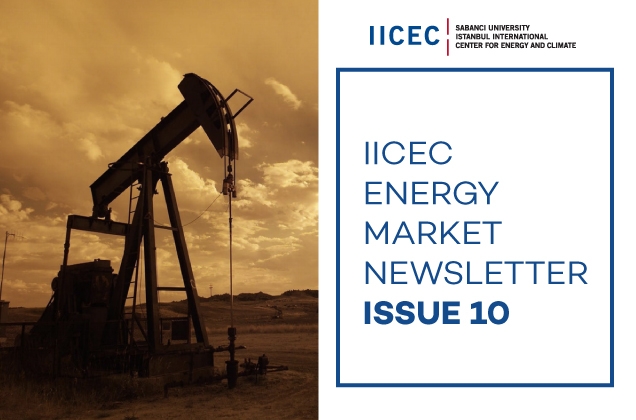07/04/2020
Sabancı University Istanbul International Center for Energy and Climate (IICEC) has released the tenth issue of IICEC Energy Market Newsletter.

03/04/2020
Sabancı University Integrated Manufacturing Technologies Research and Application Center (SU IMC) became one of the only six worldwide, and the first university center in Turkey with AS9100 certification.

31/03/2020
Sabancı University and Kordsa are now fully providing their know-how and infrastructure of their design, analysis and production to support Ministry of Health and healthcare professionals in their fight against Covid-19.
21/03/2020
Our Dear Students,
As you all know, we are going through very difficult and challenging times, on a global scale. As Sabancı University, our first priority in this process is and will be the health and security of our students, our faculty and our staff. We trust that our country, and our university, will succeed in overcoming the difficulties with the help of good preparation, experience, and perseverance.